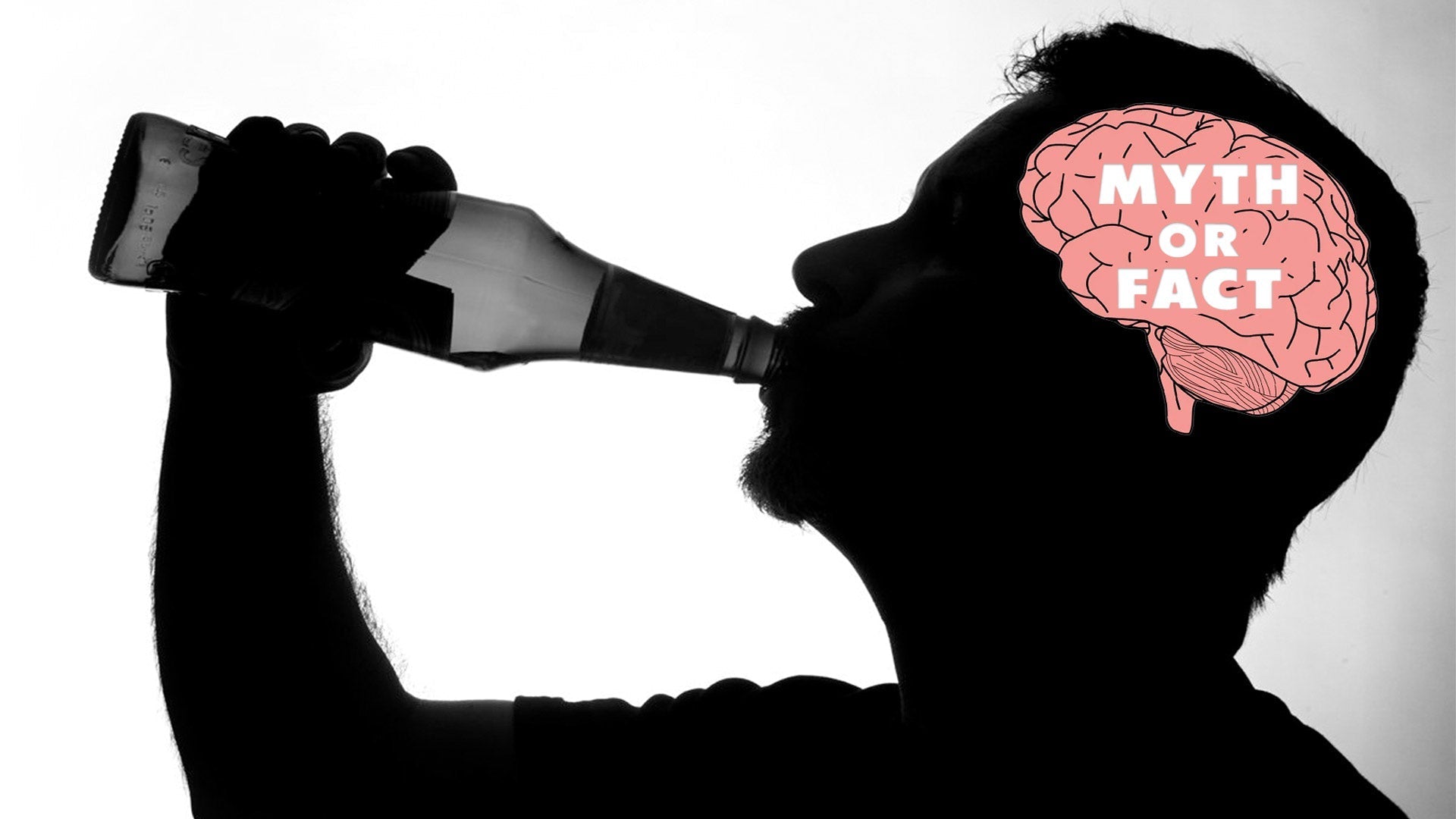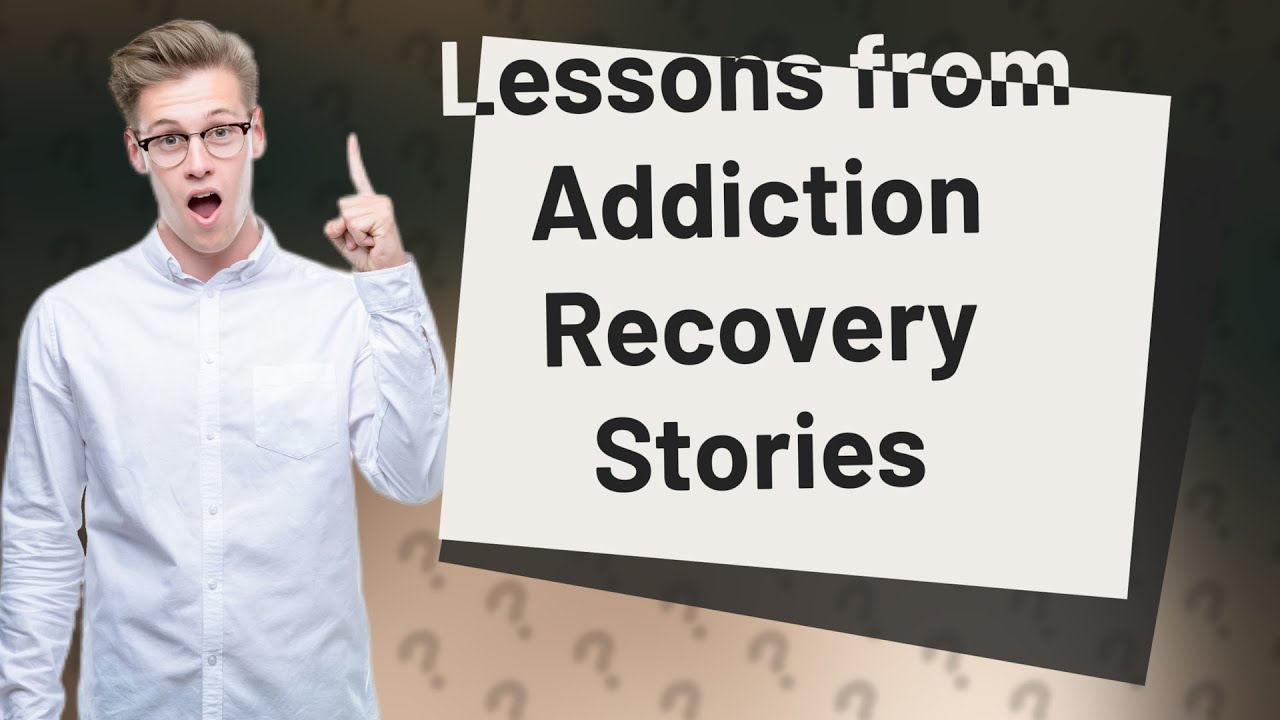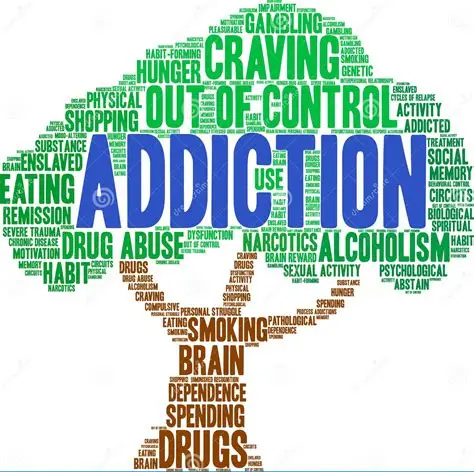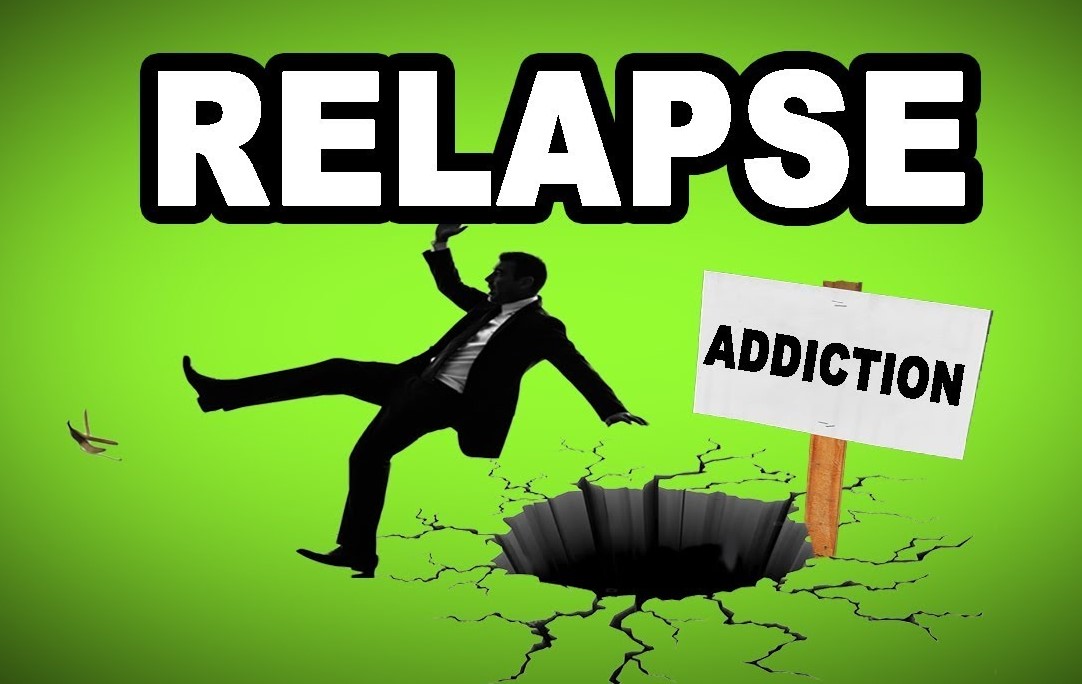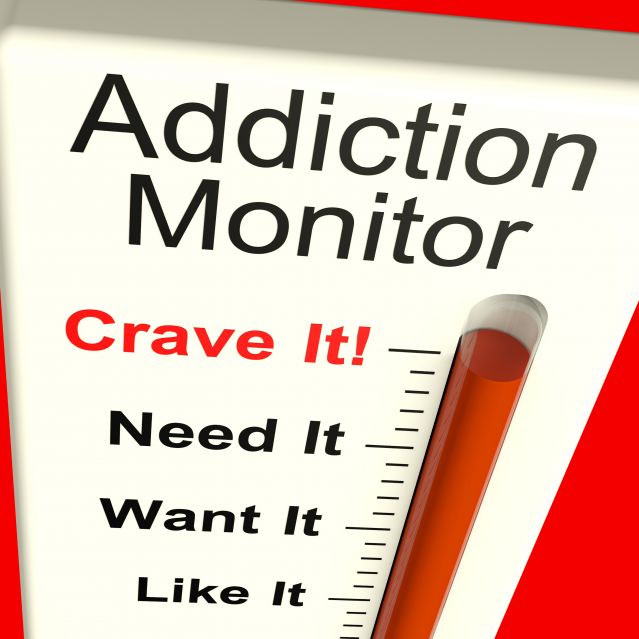Therapy and Addiction Healing
Therapy plays a significant role in helping people heal from addiction. It’s more than just talking about feelings. It’s about learning new ways to cope, rebuilding relationships, and gaining practical tools that help break the cycle of substance use. If you’re wondering what therapy for addiction really looks like, you’re not alone. Here’s a detailed … Read more


